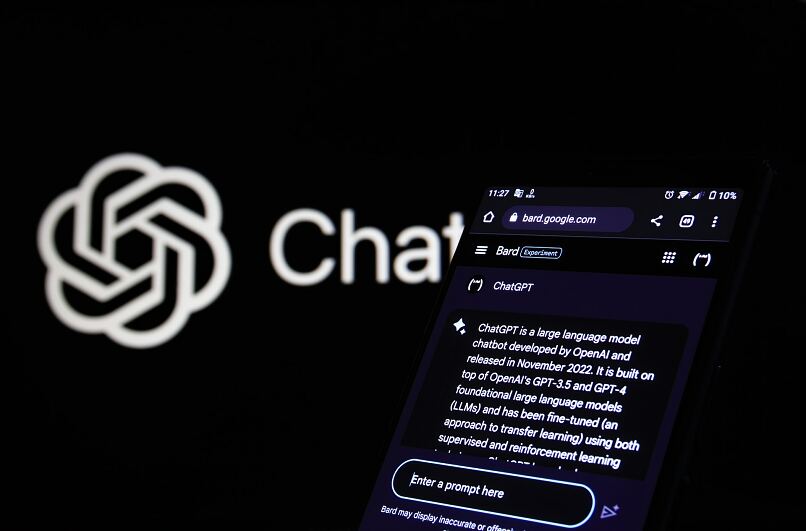OpenAI Grapples With DDoS Attacks Causing ChatGPT Outages

OpenAI has confirmed that a series of distributed denial-of-service (DDoS) attacks are the culprits behind the recent outages affecting its widely used ChatGPT and API services. These outages, which had been occurring intermittently over November 8 and 9, have caused significant disruption to users worldwide.
An official statement from OpenAI acknowledged abnormal traffic patterns indicative of a DDoS attack. Users attempting to access ChatGPT during these periods were met with error messages.
The situation became more complex when a threat actor known as Anonymous Sudan claimed responsibility for the attacks. According to their statement, the attacks were a response to what they perceive as OpenAI's bias towards Israel in the ongoing conflict against Palestine.
Anonymous Sudan has been active since January 2023, with a stated objective of targeting those opposing Sudan, but has since shifted focus to global organizations and government entities.
They have previously been credited with orchestrating Layer 7 DDoS attacks on major platforms like Microsoft's Outlook.com, OneDrive, and Azure Portal. These types of attacks are particularly damaging as they target the application level and can overwhelm services with a high volume of requests, leading to service disruptions.
Despite these claims, some cybersecurity researchers are skeptical, suggesting the possibility of a false flag operation with potential links to Russian cyber groups. This skepticism stems from the complex nature of cyber warfare and misinformation tactics often employed by state-sponsored actors.
This series of attacks on OpenAI is part of a growing trend of cyber conflicts that have emerged from the ongoing Palestine-Israel conflict. Hacktivist groups supporting either side have actively engaged in cyberattacks against government and private websites. The conflict has also been exploited to spread spyware and cryptocurrency scams on social media platforms.
As OpenAI continues to battle these cyber threats, the implications of these attacks extend beyond mere service disruptions. They highlight the vulnerabilities of AI platforms to geopolitical tensions and the evolving landscape of cyber warfare.
OpenAI has not yet attributed the attacks to any specific group and has refrained from commenting further on the incident.



Please, comment on how to improve this article. Your feedback matters!